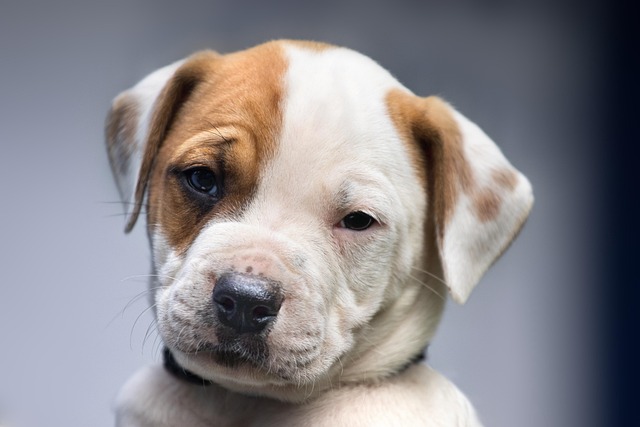
How can I tell if my dog's heatstroke is serious
Let’s be real: It’s a sticky August morning in Los Angeles, and you took your 2-year-old Golden Retriever, Max, for a walk a little later than usual
Finding the right way to clean your dog’s teeth feels like solving a tricky puzzle. Dental issues can lead to bad breath, gum disease, and even organ problems down the line, but not every cleaning method works for every pup. The best approach balances effectiveness with your dog’s comfort and lifestyle.
Brushing is still the gold standard, but it’s easier said than done. Use a soft-bristled toothbrush made specifically for dogs—human brushes are too harsh—and dog-friendly toothpaste (never use human products, as fluoride can be toxic). Start by gently rubbing your dog’s gums with your finger, gradually introducing the brush. Some dogs take to it quickly, while others need patience and treats as positive reinforcement.
If brushing is a battle, dental chews offer a convenient alternative. Look for products approved by the Veterinary Oral Health Council (VOHC), which rigorously tests their plaque-fighting abilities. Be cautious with rawhide chews, as they can pose choking hazards in some regions. Remember, local pet store regulations may require age and breed-appropriate labeling, so always check packaging carefully.

Water additives are a hands-off option that many pet parents love. These liquid drops, when added to your dog’s water bowl, help break down plaque-causing bacteria. They’re great for multi-dog households or dogs who resist other cleaning methods. However, make sure the product complies with regional pet product safety standards—some areas have strict rules about chemical ingredients.
Dental wipes can be a game-changer for quick clean-ups. They’re perfect for travel or when you’re short on time. Gently wipe each tooth surface, focusing on the back molars where tartar builds up. In rental properties, it’s smart to keep wipes handy to avoid any odor complaints, as landlords may have specific pet hygiene requirements.
Professional cleanings at the vet are essential, especially for dogs with severe dental issues. While these procedures require anesthesia, the benefits of a deep clean often outweigh the risks. Check your pet insurance policy, as some plans cover preventive dental care. When transporting your dog, ensure you comply with local animal welfare laws regarding crating and safety during transit.
Ultimately, the best teeth-cleaning method is the one you’ll actually use consistently. Mix and match techniques to find what works for your dog’s personality and your schedule. Whether it’s a daily brushing session or weekly dental treats, every small effort counts towards keeping your furry friend’s smile bright and their breath fresh.

Let’s be real: It’s a sticky August morning in Los Angeles, and you took your 2-year-old Golden Retriever, Max, for a walk a little later than usual

You're enjoying a summer afternoon at the park when you notice your dog has stopped panting and appears disoriented - their gums are bright red

Let’s paint the picture: You’re in your Denver apartment, watching your 4-year-old Boston Terrier, Ruby, plop down mid-play session with her favorite toy

Many dog owners notice their pets nails seem shorter after regular walks,but how much does this daily activity actually help?The answer depends on where you walk—concrete sidewalks or asphalt streets gently file nails as a dog's paws hit the ground

Most dog owners notice their pup scooting across the carpet at some point, but few connect it to impacted anal glands. These small sacs near a dog’s rectum secrete a scent for marking territory

Most vets agree that regular dog teeth cleaning is key to avoiding painful dental issues later. For healthy adult dogs, a professional cleaning at the vet’s office every 12 to 18 months usually works well.